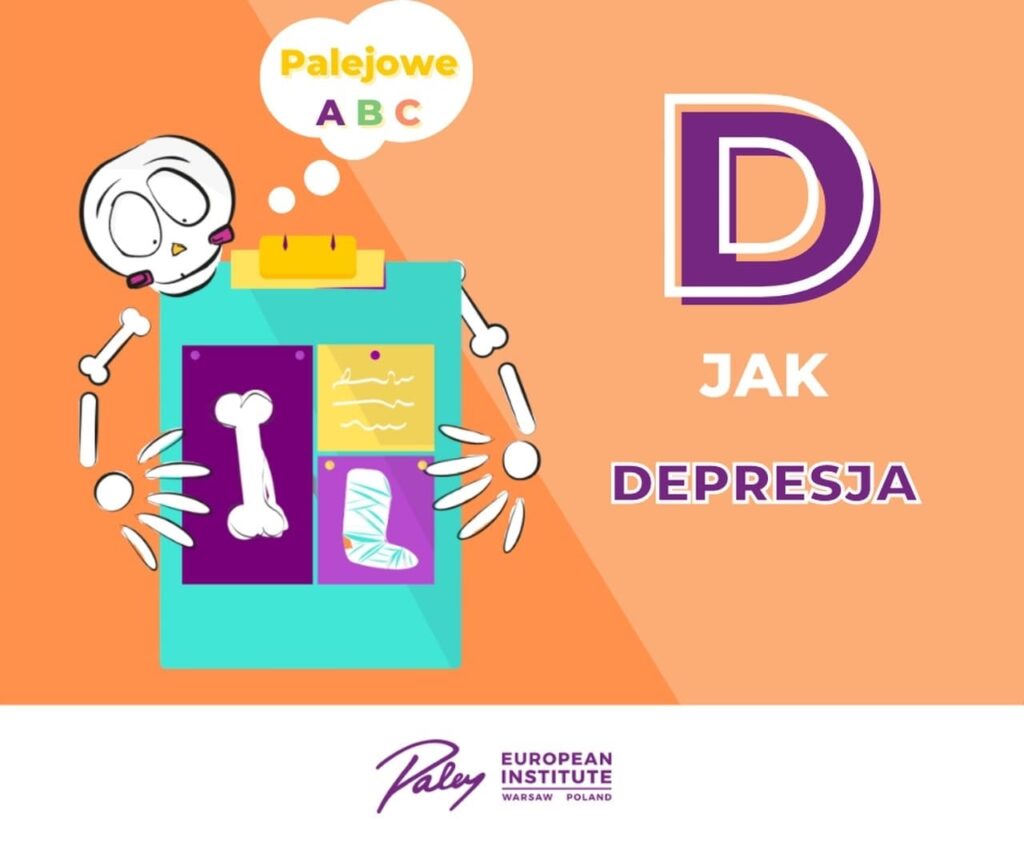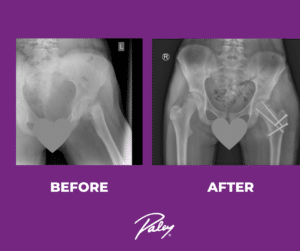Depression is not an ordinary sadness we all feel at times. In case of this illness, bathing with foam, watching a funny movie, or going to the beautician will not help. Specific therapeutic measures are needed. So if you see yourself or someone close to you suffer from chronic fatigue, lack of strength, concentration, and looking to the future only in dark colors, it is worth meeting a psychiatrist or psychotherapist and telling them what is happening.
Depression can happen to any of us. There is nothing embarrassing about it. The sooner you get under the care of a specialist, the greater the chance that you will recover sooner. In addition to psychiatric or psychological intervention, it is also worth checking your overall health to rule out diseases in the body. Some of them (e.g. hypothyroidism) may make you feel less well.
While each of us has a different understanding of what happens to us, there are several factors that can increase our risk of depression. And they are: lack of support, understanding, great responsibility in personal and professional life, fatigue and lack of opportunity to rest, feeling of guilt, feeling helpless, and many others.
At this point, many parents will likely identify with all of the above factors. It’s about me! Sounds like my parenting! It is the main carers (still mostly mothers) who work at home and look after children 24 hours a day who are most at risk of experiencing depression. If, in addition to daily parental responsibilities and chronic lack of sleep, the child becomes ill, it is difficult to maintain a good mood. So, if you feel that you need your doctor’s help, remember that even when you are pregnant or breastfeeding, you can take medication. Of course, a psychiatrist must choose the right medications for your situation, but pregnancy and lactation should not be an obstacle to drug treatment.
Occasionally people ignore their symptoms and delay consulting a specialist. Thoughts run through their minds that other people have bigger problems, and they will manage on their own (as usual), they just have difficulty with everyday functioning (it has been so for six months), they are unable to make a decision (each seems too much of a challenge), and have problems with sleep and concentration (maybe it’s old age?). If you feel unwell, don’t hesitate to seek help. At most, you will hear that everything is fine and it’s good that you came to check yourself.
Can children become depressed? After all, what are their problems? When they grow up, only they see it. What would they get this depression from? Through the prism of their experiences, adults may downplay the difficulties experienced by children. Nevertheless, childhood mood disorders are common.
Optimistic estimates say that between 2% and 8% of children and adolescents suffer from depression. However, these are people who received support and can be included in the statistics. We can only guess how many young people there are, who struggle with the disease alone and without adequate help.
Symptoms of depression in children and adolescents are similar to those in adults. In addition to tearfulness, loss of the ability to enjoy things that previously caused joy, changes in appetite (too little or too much), anxiety, fatigue, sleep problems, difficulty concentrating attention, and withdrawal from social contacts, young people may also experience aggressive behavior. In early school age, children’s mood disorders may manifest themselves somatically: abdominal and headaches, which are not medically related.
Undoubtedly, the current epidemic situation does not make it easier for children to function. What has happened in the last dozen or so months in the closer and more distant environment of children is a great stressor for them. Currently, children and adolescents have significantly limited opportunities to contact friends and acquaintances because there are no extracurricular activities that were a stepping stone from the stress associated with school and gave the opportunity to meet people with similar interests. Contrary to appearances, today’s children and teenagers are not satisfied with a smartphone and a computer. They still value the contact with other people and the possibility of meeting in real life. When this is missing, it significantly affects their well-being.
In addition to social isolation, factors that may increase the risk of depression in children include overloading the child with education, long-term pressure at school, sports and other achievements, lack of parental acceptance, peer problems (e.g. harassment, loss of a friend, unhappy love), family conflicts, parents’ financial problems, severe illness or death of a loved one.
When you are concerned about your child and you are concerned about the recent changes in his behavior and well-being, it is worth consulting a specialist. In case of children, first consult a psychologist or psychotherapist. However, it must be remembered that the change and improvement in well-being will not happen immediately. One meeting is not enough for the therapy to work. Sometimes you have to wait 5-6 sessions. If, after this time, the child feels as bad as before, consult a child and adolescent psychiatrist (remember, however, that in the event of a health or life-threatening situation, a medical visit is necessary as soon as possible). In case of children and adolescents, it is also advisable that the whole family uses the support of a psychotherapist. An outsider will be able to pick up certain mechanisms that are difficult to see when in the center of family events. The child is a barometer of what is happening in his immediate vicinity, so it is worth taking a closer look at the situation in order to be able to support your child more effectively.
You can look for free help in psychological and pedagogical counseling centers, mental health clinics (no referral is needed), and crisis intervention centers.






